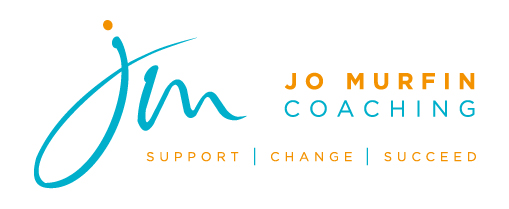
Happy Work Life Balance
Happy Work Life Balance
Are you feeling drained by long working hours but still feel there are not enough hours in the day?
Are you experiencing an increase in physical ailments such as eye strain, headaches and back pain?
Do you feel like you are missing out on valuable time with friends and family?
It could be time to look at your work life balance.
With an improved work life balance you could:
Focus your energy
Spend time on the things that bring you joy
Improve your wellbeing
Whether you work in an office, at home, outdoors, on site or a combination, it’s likely that your working hours, location or approach has been impacted since the pandemic began. You might be covering for sick or self-isolating colleagues or working with a reduced number of people due to redundancies. You might have moved your work online or even started a new job or business.
However you adapted, now is a good time to think about how you focus your time and energy to improve your work life balance. I’ve set out some ideas to get you started below.
When?
Are you in ‘always on’ mode? Long working hours are proven to have a negative impact on physical health and can drain your energy.
- Plan a definite start and end to your day to give some separation between home and work life.
- Set boundaries for your working hours, let other people know when you’ll be working and stick to it.
- If you work fixed hours in a day, always take your breaks and try to leave your work site so you return from your break feeling refreshed.
- Consider opportunities to change your working pattern. How could a changed pattern benefit both you and the organisation? For example, a later start time might mean you can go to the gym or have breakfast with your family and cover a peak time at work.
Where?
Employers are now more likely to consider your personal circumstances and preferences alongside the needs of the business.
- If you have flexibility to be in the workplace and other locations, it might be helpful to plan where you work according to what you’re trying to achieve that day. A task-based approach could be a starting point for a hybrid working method that makes the best use of your time and energy.
- Travel time can be a beneficial boundary to the start and end of your working day. Travel can also be costly and time consuming. How can you make efficient use of travel and the best use of technology to collaborate and communicate?
How?
How you work is as important as where and when.
- Plan and prioritise your work to help you to build a healthy relationship with time and avoid burn out.
- Consider and balance the wellbeing and business benefits of various work and communication methods. Include a mix of in person, telephone and online contact if you can.
- If you find yourself spending the day on Zoom or Teams, consider alternatives. A telephone call can be just as effective and give you a screen break.
Which?
Whether you are self-employed or employed by an organisation there are things you can control and choices you can make.
- You can choose to balance both work productivity and your wellbeing.
- You can give your own wellbeing as much attention as you give to that of your family, friends, colleagues and employees.
- You can think about what you feel obliged to do and what you are inspired to do.
- You can choose to give your time and energy to the things that matter the most to you, either in your work or your personal life.
Who?
Working together brings opportunities for fresh perspectives and diverse views. Working with others can energise you and free up your time as you share tasks.
- Who can you collaborate and build relationships with? Find out how people would like to work together and agree an approach that includes everyone.
- How can you make quality connections across your business sector or organisation? How can you make the most of opportunities for everyone to feel that they belong and that they can contribute ideas?
- If you manage or supervise people, building trust and managing by outcomes can enable you to delegate more, which enables you to focus your time and energy.
Why?
A useful self-coaching technique is to ask yourself ‘why?’
- If you find yourself working longer hours on a regular basis, ask yourself what the reason is. Who are you trying to please and why? How is this behaviour serving you? What could you change?
- Are you someone who says ‘yes’ to new work whilst wondering how you will find the time to get everything done? Ask yourself why you do this. What are you worried about? How would it be if you declined on occasion?
What?
In the longer term you may want to think about making changes to your home or working life for the future.
- You could start with what you want from your life. Why do you work? What are your basic needs? What type of environment makes you happy?
- Think about the impact you want to make. What does success look like to you? What makes you feel valued?
Consider your passions. What do you love doing? What are you really good at? What inspires you and gets your attention?
With a happy work life balance you could be more focused at work, spend time on things you love in your personal life and feel happier on the inside and out.
Find out about how coaching can help you to improve your work life balance – click here to contact me
